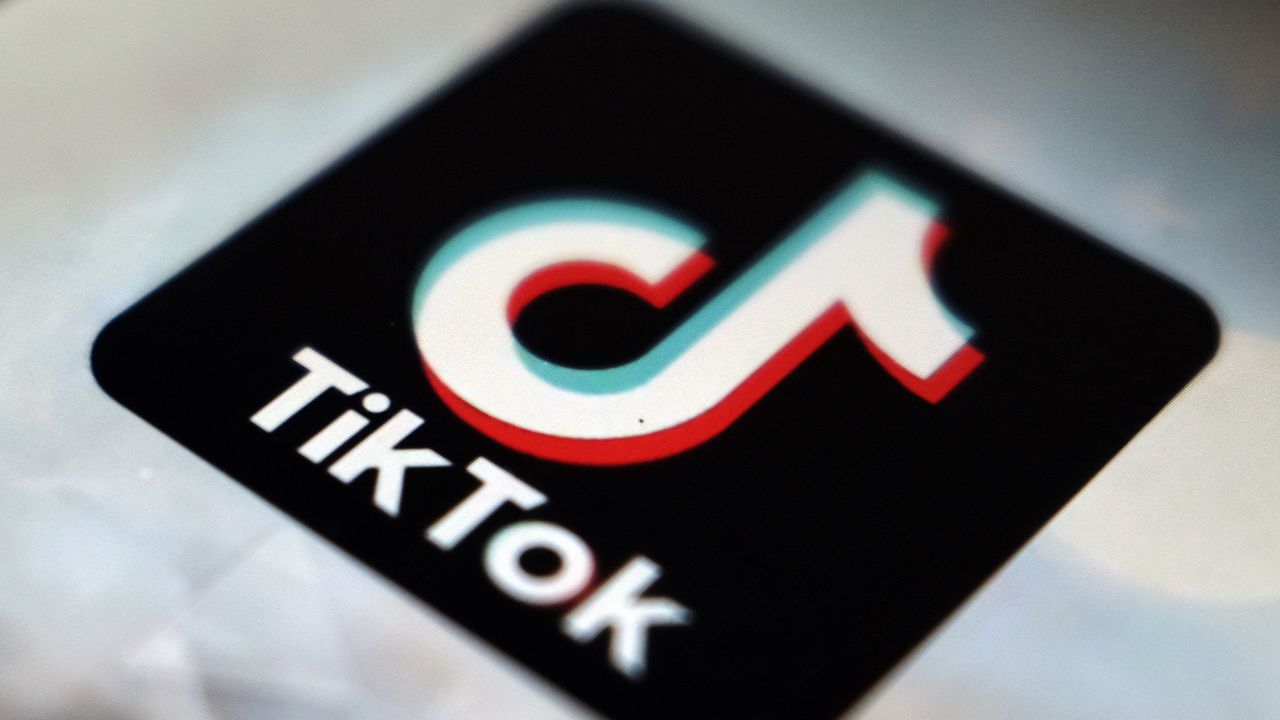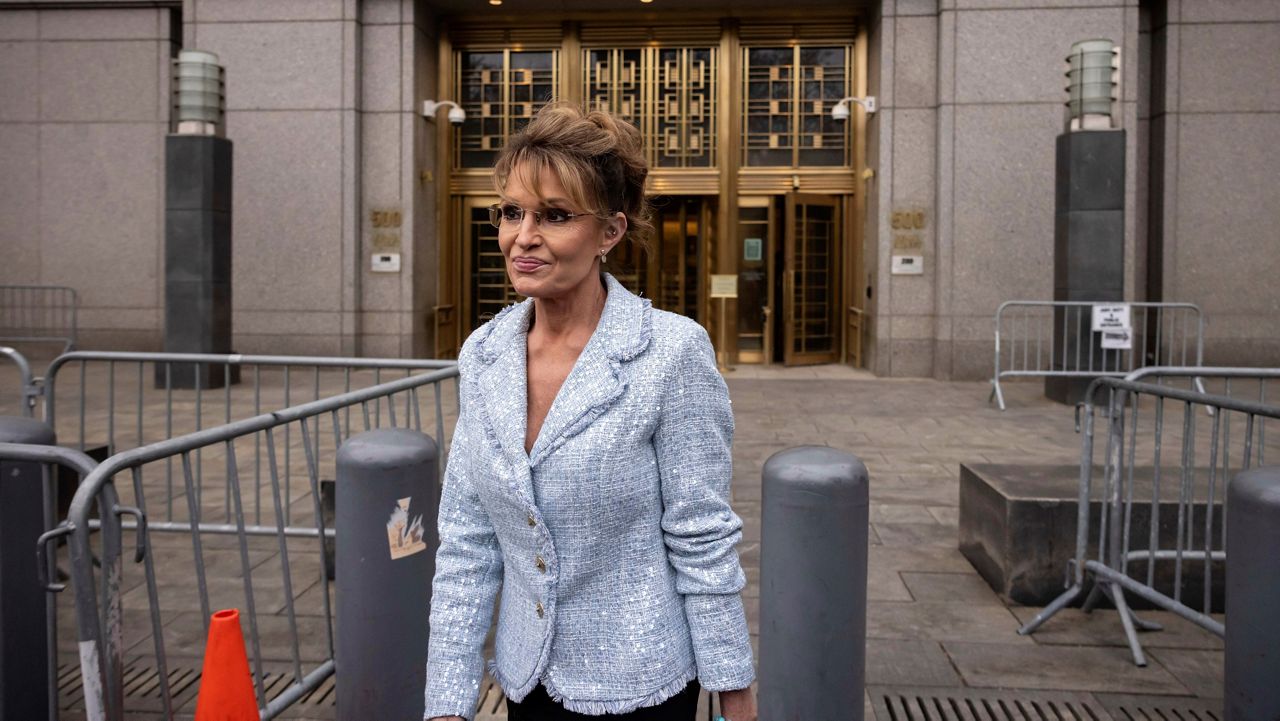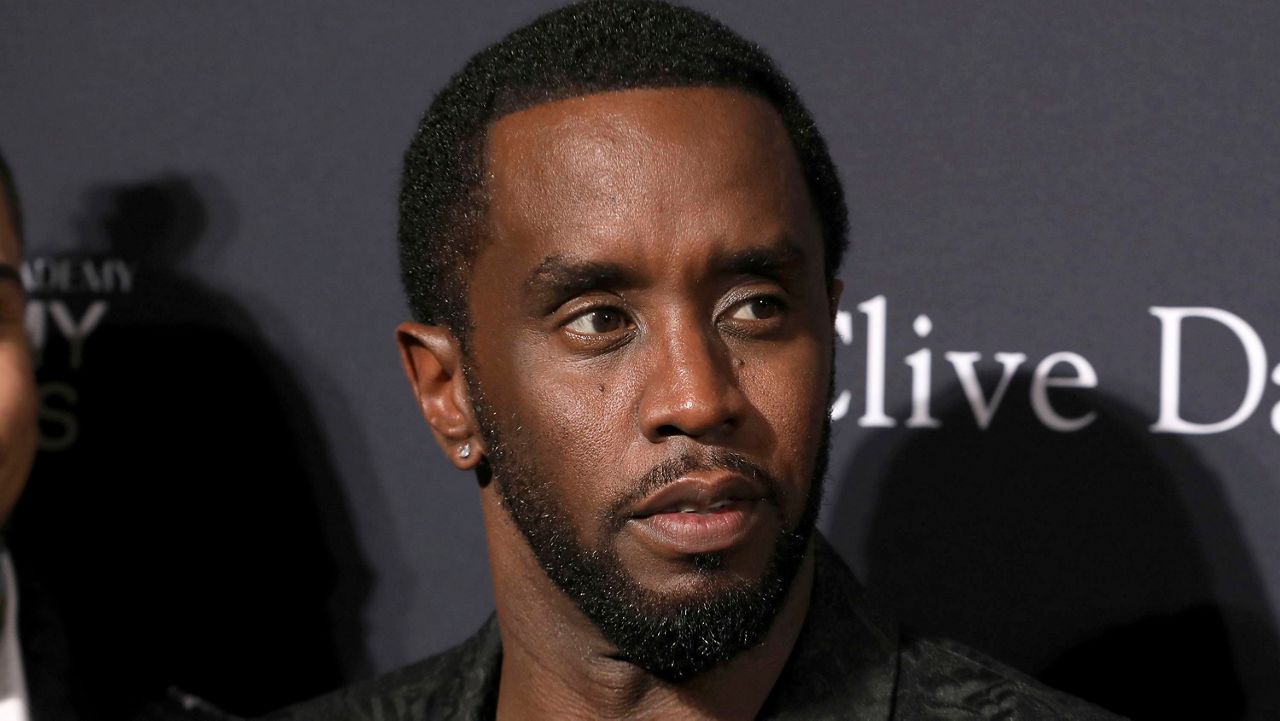Popular video-sharing app TikTok updated its community guidelines this week to ban videos that promote multi-level marketing in an effort to protect users from financial scams.
In previous iterations of TikTok's community guidelines, users were forbidden from posting content about pyramid and ponzi schemes. That language has now been expanded to ban sharing content as well, and now includes multi-level marketing schemes under its prohibited content.
Multi-level marketing (MLM) and pyramid schemes are similar types of business ventures — the main difference being MLMs can be legitimate businesses, while pyramid schemes are scams, according to the Federal Trade Commission (FTC).
MLMs involve “selling products to family and friends and recruiting other people to do the same,” and while some are legal, the FTC claims “people who join legitimate MLMs make little or no money.” Some of the more well-known MLM companies include Mary Kay, Avon, and Herbalife.
It is this vulnerability that TikTok aims to protect with its new guidelines. Under the platform’s refreshed “Fraud and Scams” section, the app bars users from posting, uploading, streaming, or sharing content that depicts phishing, ponzi schemes, pyramid schemes, or MLM ventures in any capacity.
Content that “depicts or promotes investment schemes with promise of high returns, fixed betting, or any other types of scams” is also prohibited.
"Our goal is to maintain a welcoming and safe environment where authentic content can thrive," a TikTok spokesperson told Spectrum News in a statement. "We have multiple measures in place to reduce the spread of misleading content, including content that aims to deceive people for financial gain."
Banning the marketing schemes wasn’t the only change made to TikTok’s community guidelines. The Chinese-owned company made a slew of updates on Tuesday, many of which were aimed at increasing personal security on the app.
“We continually review and strengthen our policies to help everyone feel comfortable and safe to create and share on TikTok,” Cormac Keenan, TikTok’s Head of Trust & Safety, wrote in a statement. “This update adds more specifics to each area based on behavior we've seen on-platform, feedback we've heard from our community, and input from academics, civil society organizations, and our Content Advisory Council.”
The new guidelines add increased protections for users who may be struggling with their mental health, specifically people with eating disorders.
The app has long walked the fine line between giving its users a safe space to share stories about suicide, self-harm, or eating disorders, and permitted videos of the sensitive topics to be shared so long as they were done so in a “safe way to raise awareness and find community support.”
TikTok’s new policy specifically targets eating disorder content, putting forward “additional considerations to prohibit normalizing or glorifying dangerous weight loss behaviors.” Now, any content that depicts self-harm or promotes disordered eating will be removed “regardless of the user's intention of posting it.”
"We want our community to feel comfortable and confident expressing themselves exactly as they are," a TikTok spokesperson told Spectrum News of the disordered eating guidance. "Our updated guidelines incorporate feedback and language used by mental health experts to improve our policies on self-harm, suicide, and eating disorder content and avoid normalizing self-injury behaviors. Our policy on eating disorder content has additional considerations to prohibit normalizing or glorifying dangerous weight loss behaviors."
This article has been updated to include a statement from a TikTok spokesperson. It has also been updated to reflect that multi-level marketing schemes were banned from TikTok on Tuesday — ponzi and pyramid schemes were already prohibited under the platform's guidelines.







